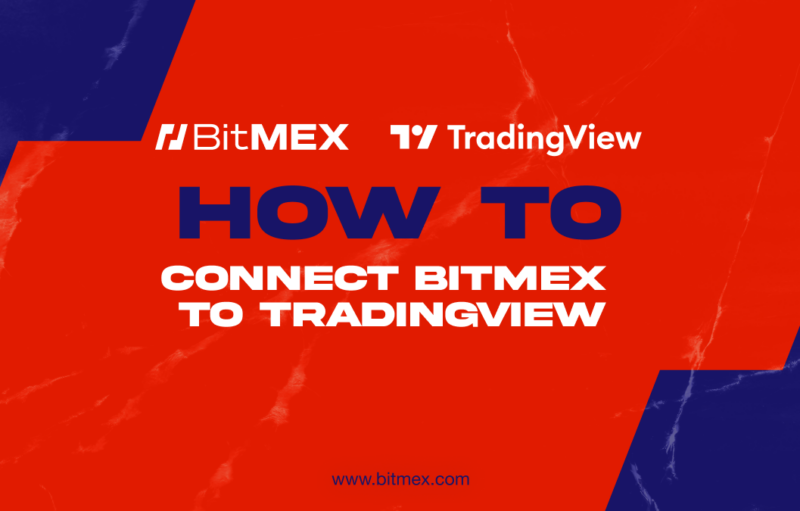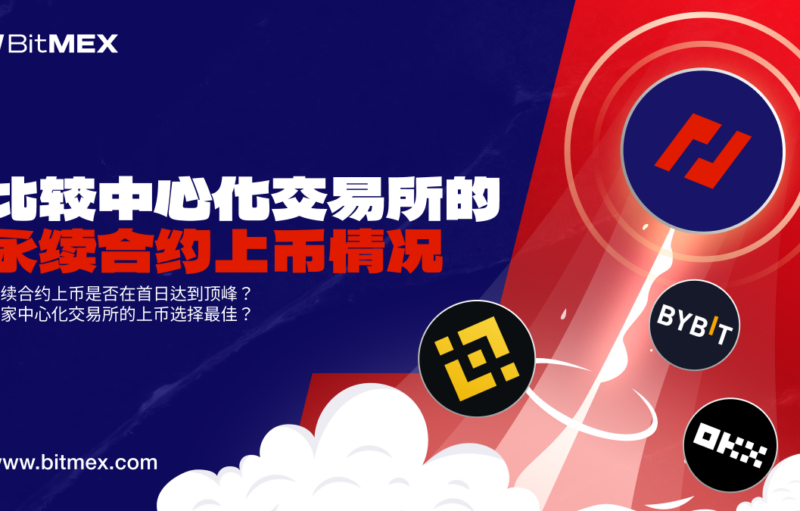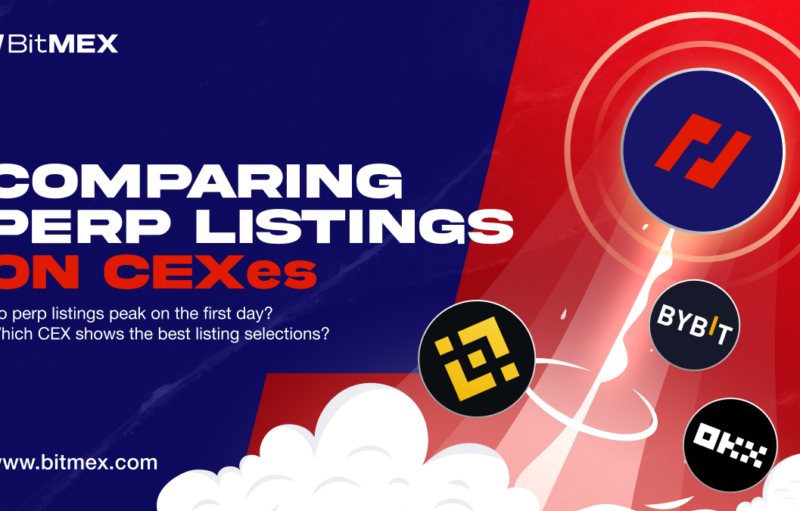
Can’t Stop, Won’t Stop, GameStop!!!!
Stonks for the long run. My hiatus from the equity markets ended when I too became sucked into the meme stock vortex. Seeing a meme stock like GME log a ten bagger in a few trading sessions will get any hardened market operator on their feet. I could not resist the YOLO urge. When things started heating up, I located my previously set up Robinhood account to ape in. I have a human broker as well, but I don’t even want to know what egregious commissions they charge me to execute cash equities. (It’s definitely more than the amount Robinhood — read: Citadel— legally front runs my orders by, that’s for sure).
On the evening of Jan 28th, (Asia time zone) I attempted to buy some GME short-dated, out-of-the-money call options. Mon Dieu! Robinhood had shut down trading in the “meme” stocks (GME, NOK, AMC and BB). I don’t know what’s worse, when a snowboarder stomps all over the traverse in the backcountry, or not being able to trade my favourite stonk on the platform that is supposed to democratise securities trading.
I thought I understood how equities settled in the US, but I learned a lot over the ensuing weekend.
TL;DR on the Robinhood and other discount broker outages:
- Brokers must post margin with the Depository Trust & Clearing Corporation and National Securities Clearing Corporation at the end of each day to ensure enough funds are reserved to cover any trading losses.
- The “meme” stonks’ volatility skyrocketed, which meant that the clearing organisations could ask for more collateral from brokers on the grounds of needing to protect themselves from additional potential risk when settling the brokers’ trades. It takes two business days to settle stocks in the so-called digital age…
- Robinhood in particular was told to come up with $4 billion, or they would not be able to facilitate any trading the following day. RH, apparently not having that much cash on-hand, said, “how about we stop trading or severely curtail trading in the stocks that are causing PAIN to various masters of the universe?” The clearing houses said, “OK, in that case, you would only need to post $700 million.” RH agreed to that figure, rushed to raise more money from the Street and/or Silicon Valley, and then subsequently shut off trading on Jan 28th and into the weekend. (This is information gleaned from an interview the CEO of RH gave to Elon Musk on Clubhouse).
Naïve little me assumed that if I was buying equities or paying an option premium with cash in-full, there would not be a broker-level margin concern. I just didn’t understand the rules of the game, nor did most of RH’s “customers” (a reminder that you ain’t really the customer if you don’t pay for the service, you is the product son!).
The game masters just didn’t like how the game was being played, so they jacked up margin to force a course correction.
I’m no stranger to janky settlement issues in equities markets. My first trading book was in Vietnam. If you think the US market is sketchy, the Vietnamese stock exchange circa 2009 was a beauty.
I literally faxed my orders into my broker every day. A fucking fax. The only person I know who still uses a fax is my mother. Then, if my order was large, my broker (I surmise, but cannot prove) would front run my orders. In Vietnam, on a given trading day you had to choose whether you were buying or selling. That means if I bought 1 share, I could not sell it until the next trading day. Then I had to sell USD and buy Vietnamese Dong — so I would call the spot currency dealer to buy the Dong so that I could settle on time. (I’ll let the reader fill in the blank with their pun of choice).
I have experienced the joy of dealing with many equity markets and their esoteric rules around settlement. These rules don’t really seem to matter— until they do, and when they do it’s usually to your detriment.
Back to the US discount brokers. After that fiasco, all hell broke loose in the financial media. The long punters cried foul. They said the game was rigged, and it wasn’t a free market. What they failed to understand was that the rules of the game didn’t change, they just didn’t understand the rules. Now that you know there is a cabal of organisations that can effectively shut off access via unilateral increases in margin at the broker level, do you want to play this game?
It’s not a moral or political argument. Now you know the rules, what are you going to do?
Retail vs. Institutional Traders
The foundation of the modern capital markets rests on a bifurcation of how financial products and services are offered or sold to retail vs. institutional investors. Most of you reading this essay are classified as retail, even if you are quite wealthy. In most jurisdictions, you need liquid assets in the low single digit USD millions to graduate from the retail to institutional moniker. But even then, unless you are slinging billions per year in flows, you will receive a much worse service, pay higher fees, and have less access than large money managers.
On the trading floor, if you ever heard the client was private wealth, you knew it was payday. These people were wealthy and they still got shown spreads you could drive a Tesla truck through.
Before the internet, there actually was a huge disparity in information and understanding of financial products between the wealthy and the plebes. Before the smartphone and high-speed internet, you might have to physically receive company annual reports. To price complex derivatives would take hours or days, and necessitated access to immensely expensive computing resources.
Thus, financial regulators around the globe wanted to ensure that retail investors did not get burned due to their information and computation deficit vs. large funds and financial intermediaries. But currently, the information and computing playing field is completely even. With an internet-enabled smartphone anyone can price an esoteric option or get immediate access to the latest financial updates from any company.
Most financial research is given away for free these days, and the ability to communicate efficiently via online messaging boards such as Reddit’s r/wallstreetbets encourages interested parties to engage in intelligent conversation about securities and trading strategies. However, retail still is not allowed to access many markets directly. They must go through regulated brokers, and they can trade only a subset of the financial products available to institutional investors.
By funneling retail through dumb slow pipes, dumb mutual funds / ETFs, and dumb beta chasing 2 and 20 charging “active” managers, the system enriches the financial intermediaries and the institutional investors. That is the architecture of the modern financial system. Can it change? Absolutely. How long will it take? I don’t know, but I hope you like to watch paint dry.
These are the retail vs. institutional rules of the game. If you don’t like them, your first option is to quit – and your second is to find another game altogether.
Opt-Out
Retail traders in aggregate supply the cannon fodder for Hamptons pads, Monaco F1 jaunts, and 100,000 GBP bar tabs at The Box. But they still are treated like children and chastised when they “act up”. The rules of the game could not be clearer– and if you don’t like them, walk off the field.
Withdraw all your money from your broker. Stop trading. Stop paying the system that you believe treats you like a second-class citizen. That is opting out, and it is extremely powerful and liberating.
The American Civil Rights movement showed the power of opting out when black folks who were told to sit in the back of the bus but paid the same fare as everyone else, decided to forgo public transportation and carpool instead. The loss of income to the public bus companies forced Southern cities where the black population was significant to quickly reverse the discriminatory policy. When economic pain met racism, racism was defeated. It is, and always was, about the money.
If you want to buy and hold stonks through your broker, do it. Just make sure you have a cash account, use no leverage, and refuse to lend out your shares unless you receive the borrow interest. Given you have the same information as the pros, what’s the point of paying management fees to them when you can do it yourself? Want to create a thematic basket of stocks? That is so easy now that many brokers offer fractional shares. These sorts of activities do not benefit the system in aggregate. If you aren’t borrowing money or constantly crossing the bid / ask spread, you are not a profitable customer.
The constant buying and selling of securities hands fees directly to the people you may claim to be rebelling against. This is where you are at a significant disadvantage due to the way the game is set up.
Trading is fun. I love it. The hormonal changes in your body when you are in the flow state keeps you coming back for more. If you are drawn to speculation for the thrill, or for the more common and depressing reason that it represents one of the only avenues left to augment your wage cucking in the hope to pay off student loan debt, medical bills, and or purchase your dwelling, there is another playing field ready to welcome you.
What if there was another game, where the baseline assumption was radical transparency in accordance with the spirit of the open-source technology movement?
What if there was another game where the financial intermediaries actually competed with each other to offer transparent, affordable, and fair access to all participants regardless of their net worth?
What if there was another game where if you didn’t like the rules, there was a technology protocol at your disposal to create services from scratch that better served the needs of yourself and or your target client base?
The Other Game
That system started on Jan 3, 2009 with the Bitcoin genesis block. Today that game is called the Crypto Capital Markets. Erected upon the bedrock of open source, this new Crypto Capital Markets game promises an open, permission-less way to move data / value around society. The playing field is cyberspace, and anyone with an internet-enabled device can play.
After slightly more than a decade, the total market cap of all cryptos has breached $1 trillion. Centralised and decentralised exchanges trade deca USD billions of notional per day. For a retail trader looking to play a new game, this market appears promising.
It’s risky for sure, but if your goal is to speculate your way out of COVID lockdown induced boredom, or to augment your declining real wages, crypto can and does generate such outcomes. It also, similar to traditional markets, could morph into a pit where your money and resources are set ablaze.
But, because the starting point is a radically transparent way to move value from point to point, trying to prevent the discovery of negative outcomes requires obfuscation, opacity, and evasiveness. The community is filled with legions of honest and well-meaning contributors who delight in pointing out bad actors, who they then pressure by challenging them to be radically transparent. Tell us your rules, publish them front, center, and in bold letters for all to see. Let no plebe use the excuse that they didn’t know or couldn’t learn about the platform, token, coin, crypto, etc. that they interact with.
This market assumes that participants take responsibility for their decisions, and in return offers a level playing field. There certainly are experts and thought leaders, but their moxie emanates from independently verifiable statements about their subject matter. You don’t get to be an expert in crypto because your surname contains the right vowels, or you happened to be highly credentialed. Respect follows results, not the other way around. It always helps to possess social capital, but if you ship shit code, the world will know because it is peer reviewed. If you want to charge management fees for performance, we can query your wallet balances on the blockchain and determine if you are just a beta bro or an omnipotent omega operator.
The ecosystem attempts to operate in a trustless manner. That is an ideal— in practice, there are many trusted financial intermediaries such as exchanges, wallet providers, custodians, etc. that are widely used across the market. However, the community is always attempting to strip them of their trust rent-seeking income by building scalable decentralised services to destroy the centralised ones.
Centralised services certainly provide positive value to the ecosystem. In many cases, they use their profits to invest in the decentralised solutions that could render parts of their business obsolete in the future. But the constant pressure to remove trust spurs the centralised operators to provide superior services to their customers faster than a decentralised provider. I should know, my wealth is directly tied to a centralised trading platform. BitMEX needs to constantly adapt, evolve, and provide a better user experience (not to mention maintain its security record and platform performance) to keep growing and generate earnings in the future.
I just spent a few hundred words spewing lofty ideals about the mindset of the Crypto Capital Markets. I did not provide many specifics to elucidate clearly why you should opt-in. In subsequent essays I will dive into the differences between the two games. As the traditional financial game is adjudicated and participants feel raw with the surfeit of perceived inequalities, I will in plain language demonstrate why that behaviour can’t or wouldn’t persist in the Crypto Capital Markets.
Do not despair, the game is the game. You just need to know which one to play to maximise the financial well-being of yourself and your family.
Until next time, Gil Scott-Heron said it best:
You will not be able to stay home, brother
You will not be able to plug in, turn on and cop out
You will not be able to lose yourself on skag
And skip out for beer during commercials, because
The revolution will not be televised
Related
The post appeared first on Blog BitMex






